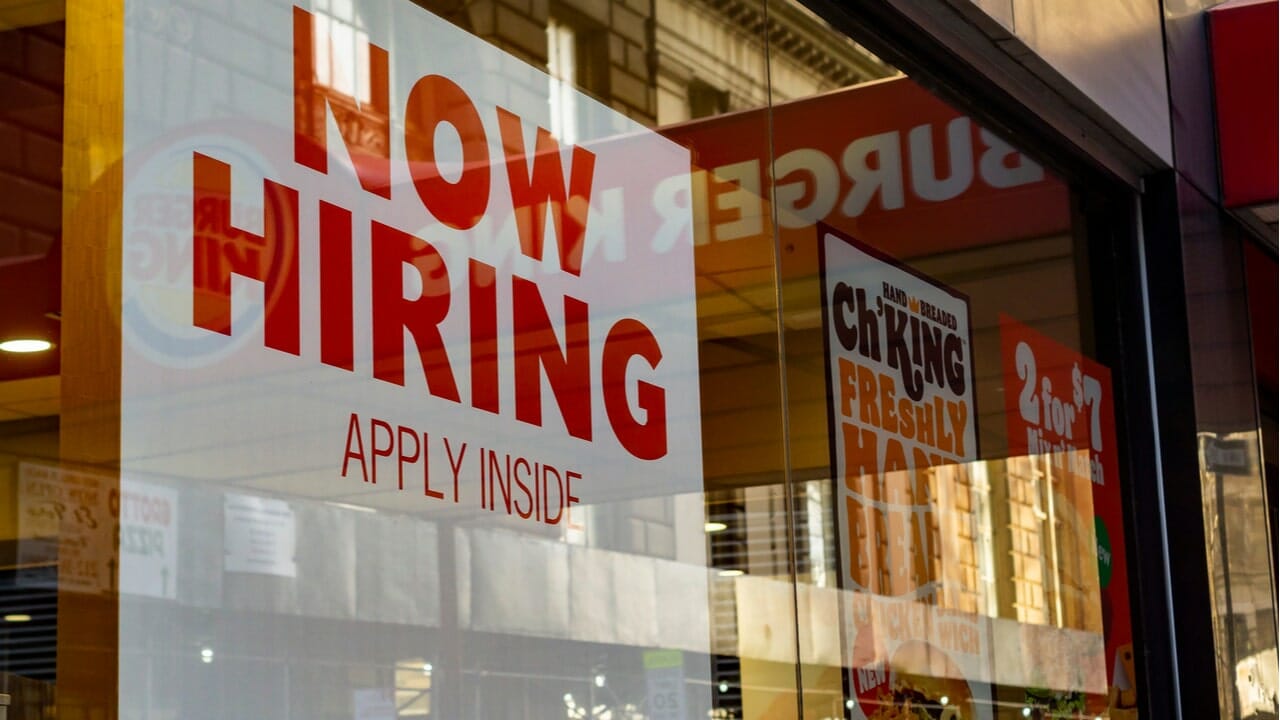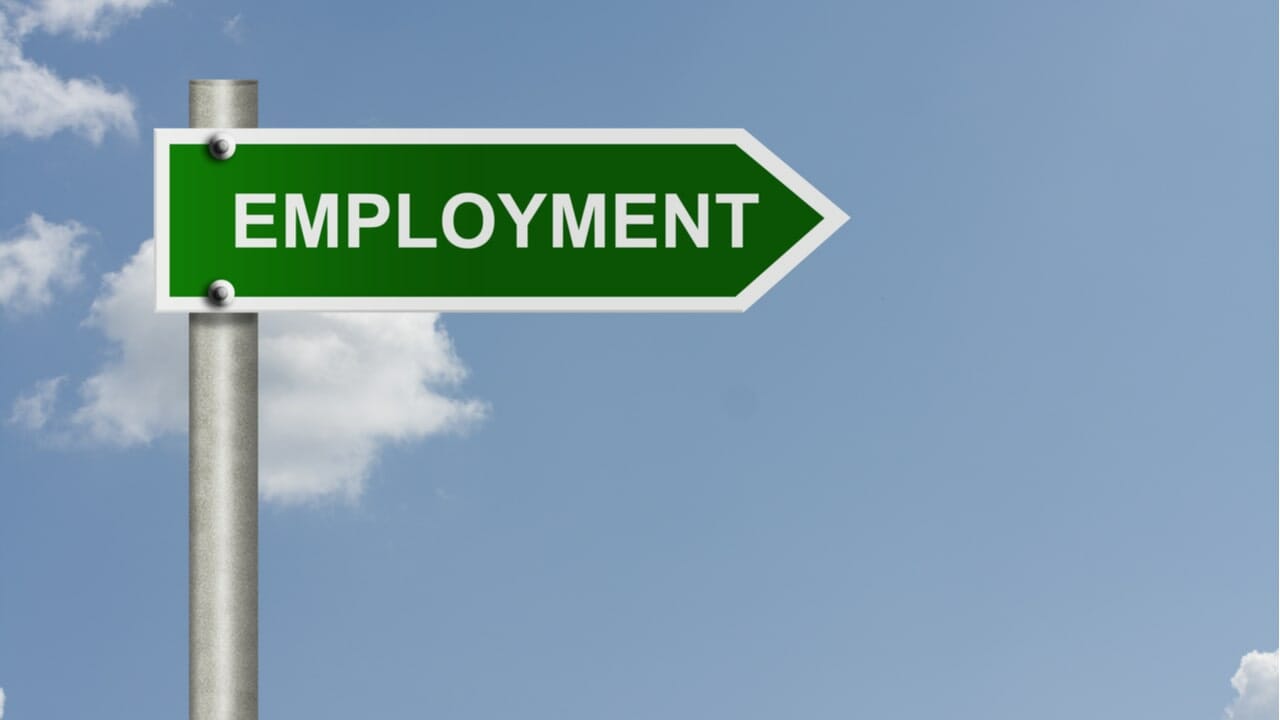DePaul University welcomes students year-round for their academic journey in the USA! Choose your ideal start date: Fall (widest range of courses!), Spring (higher chance of acceptance), Summer (accelerate your studies!), or Winter (unique programs).
Find the intakes in the USA that perfectly fit your academic journey. Explore details and deadlines for each season below!
- September (Fall):
- Overview: The Fall intake is the most popular and largest intake at DePaul University.
- Start: Classes typically begin in early September.
- Benefits: This intake offers the widest range of courses and programs. It's also when most campus activities, clubs, and organisations start, providing a vibrant start to your university experience.
- Application Deadline: Usually around January 15 for undergraduate programs, though deadlines can vary for graduate programs.
- January (Spring):
- Overview: The Spring intake offers another opportunity to begin your studies without waiting an entire year.
- Start: Classes generally start in early January.
- Benefits: A good option for students who need extra time for application preparation or who missed the Fall intake. It is also less competitive, providing a higher chance of acceptance.
- May (Summer):
- Overview: The Summer intake is smaller and offers a limited selection of courses.
- Start: Classes usually begin in early May.
- Benefits: Ideal for students looking to accelerate their studies or catch up on credits. It provides a more relaxed and condensed schedule.
- December (Winter):
- Overview: This intake is not commonly offered at DePaul University. It typically includes a shorter session or special programs.
- Start: Classes, if offered, would begin in early December.
- Benefits: This intake is less traditional and often includes specific programs or continuing education opportunities.
Each intake has its advantages, making DePaul accessible and flexible for students with varying schedules and needs.







